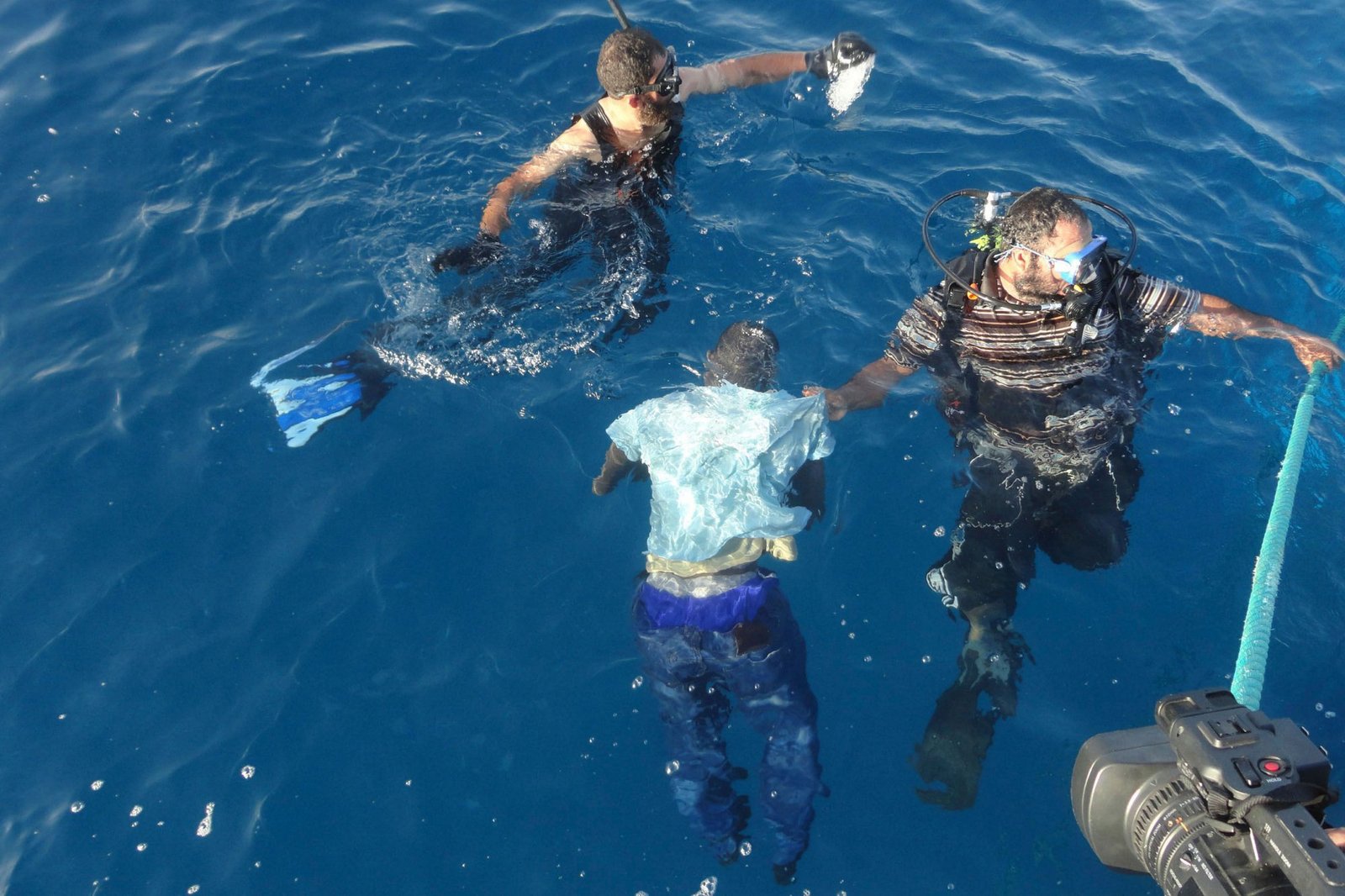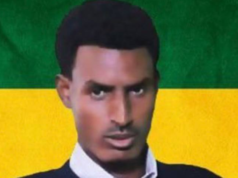How braggadocio helped police crack a smugglers’ ring “in which people are bought and sold like merchandise.”
They are now Italy’s most wanted men and prosecutors in Palermo are vowing to find them.
On Monday, police in Palermo said overnight Sunday they issued arrest warrants for 24 men, including Medhanie and Ghermay, and were able to pick up 14 of them in Rome, Milan, Bari, and in refugee camps in Sicily.
In a separate investigation based in Catania, Sicily, authorities there have asked for three Egyptian men to be extradited to Italy to face trafficking charges. Among the arrested and wanted were recruitment specialists who infiltrated large refugee camps looking for new clients who either wished to travel further into Europe or who might have family back in Africa who want to come over, too.
Police had pinpointed the 24 men more than a year ago and have been intercepting their telephone conversations, following their moves and studying the trafficking business ever since. Italy has arrested 976 men involved with trafficking in the last year. Italian Prime Minister Matteo Renzi has promised to bring them to justice. This week, he called on European countries to make fighting trafficking a priority, likening it to a “modern slave trade in which people are bought and sold like merchandise.”
The men who worked for Eritrean-born Medhanie, 34, were especially conniving. Police in Palermo say his associates called him “the general” because he liked to brag that his style was like that of Muammar Ghaddafi.” He had previously been caught on a wiretap saying “nobody is stronger than me.”
According to Franco Lo Voi, the chief prosecutor of Palermo who led the operation, Medhanie “laughed when he described how full the boats were.” Medhanie also complained that he was “stressed out” because “there is just too much work.” He referred to the migrants as “numbers” and “business” even though he spoke sweetly of his own children.
The Palermo anti-mafia officials say they originally stumbled upon Medhanie when he was living in Italy and he tried to open a bank account in Dubai. He then escaped to Tripoli where authorities say he lives “the good life” with his wife and family. In one of the wire taps police described at a press conference in Palermo on Monday, Medhanie was heard saying, “It’s better to invest in America or Canada” than to sink money into the euro. He then bragged to associates that last year had been a good year for business.
“But this year will be better,” he said, according to the wiretap transcripts. “I’ve already sent off 7,000, 8,000 people.”
“We do the dirty work but we can’t help everyone,” he said, according to the police transcripts of the taped conversations. “But if they want to leave, they know we get them out.”
Police in Palermo are also closing the noose around Ethiopian-born Ghermay and his smugglers’ ring. Apparently the two men share most of the trafficking market in Tripoli and often work together, especially when it comes to acquiring decommissioned fishing vessels to send the migrants on. Police believe they help each other and even buy and sell migrants, depending on supply and demand.
Ghermay first came to the attention of Italian authorities after what was, until a ship with as many as 950 people on board sank last weekend, the single worst migrant disaster in the Mediterranean in October 2013 when a boat carrying more than 500 people sank off the coast of Lampedusa trapping at least 366 people inside.
Authorities will still not confirm the death toll because some of the bodies are believed to have floated away. The youngest victim of that disaster was a newborn baby still attached to its mother by the umbilical cord.
Ghermay is accused of being the smuggler who organized that trip, according to survivors. Italy has had issued an earlier arrest warrant for him after they intercepted a telephone conversation in which he was told of the news of the shipwreck.
“Inshallah,” was all he said, according to the wiretaps. “It was Allah’s will.”
He, too, reportedly lives comfortably in Tripoli, according to Palermo’s deputy prosecutor Maurizio Scalia, who described to reporters how he liked to brag about his work. “What we do is illegal,” he said in a conversation with an associate that was tapped. “But we are the only government that can help everyone and hear them out.”
Scalia hopes the men who have been arrested will give evidence against the bosses and others involved. But even if they don’t, the phone interceptions revealed a highly organized network that has shuttled more than 200,000 people from Libya to Italy in the last 18 months. Both of the bosses offered cut-rate package prices from war-torn countries to prime destinations like Germany, Holland, Sweden and Norway.
Migrants had to pay $5,000 to cross the desert to get to Libya. At the port, they could then pay a supplement of just $1,500 more to cross the sea. Their option would be to hire other traffickers who charged several thousand dollars for the sea crossing alone. Once in the refugee camps, they could add a land trafficking service for another $1,500 to go north. Apparently lodging ran from $200 for singles or $400 for families to be kept in safe houses. The smugglers’ also had a deal with Libyan guards who they apparently bribed, according to Scalia, which assured that the migrants wouldn’t be arrested.
“The service was guaranteed,” Scalia says. “They would keep trying until they got the migrants through.”
The arrests and warrants will no doubt cripple the smugglers’ rings, but in no way will they eliminate the trafficking business. Scalia told The Daily Beast that they learned valuable information from the telephone interceptions and they hope the men who were arrested will fill in the gaps.
“Many of the men arrested were refugees themselves who were recruited by the traffickers in the camps,” he said. “The bosses were once refugees, too, which is why they know so well how desperate people are to escape.”


























